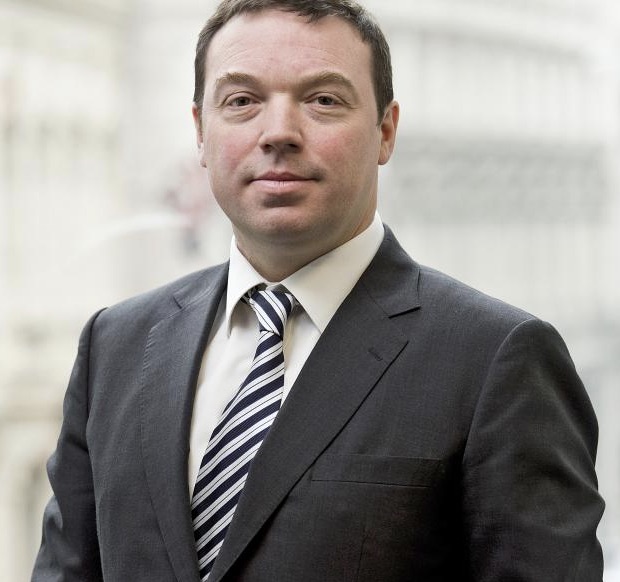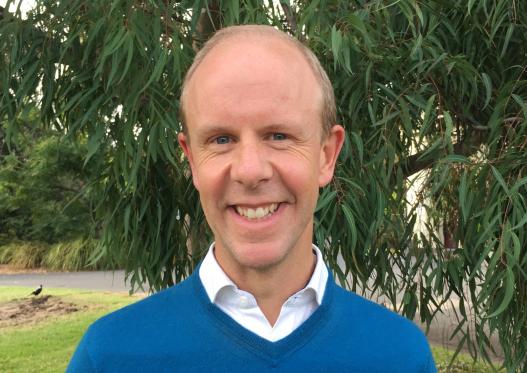Concerns over the use of ‘finluencers’ are growing on both sides of the Tasman.
The Financial Markets Authority has just released a guide as it is worried some social media influencers and bloggers may be straying into regulated financial advice that could result in a penalty of up to $200,000 if they are not a regulated financial adviser.
In Australia, ASIC told a Corporations and Financial Services Committee hearing that it wanted to be notified about unlicensed advice being given by finluencers.
FMA Chief Executive Rob Everett said the new guide is primarily intended for New Zealand’s social media influencers who are in part behind a significant growth in the number of retail investors over the past 18 months.
“Many people now offer their thoughts and perspectives on all sorts of financial matters and some have built strong followings,” Mr Everett said.
“It’s great to see more people taking an interest and talking about financial matters online, helping others get more familiar with financial products.
“However, influencers do not want to find themselves caught offering advice they’re not qualified or authorised to give.
“It’s also important for consumers to be wary of taking an influencer’s recommendation that might not be suitable for them.”
The new guide includes examples of where discussion about financial matters might cross the line into regulated financial advice.

“It’s usually fine to talk about financial matters online as long as you keep it general,” Mr Everett said.
“When you start getting into recommending particular products, like specific funds, stocks or insurance, or telling individuals what to do, that’s probably regulated financial advice.
“We’re also reminding influencers to be wary of promoting high risk products like cryptocurrency and derivatives.
“Not only do these assets have a high risk of people losing money, they’re also often used as bait in scams.”
ASIC is updating its approach to the issue of influencers and has established a working group to issue guidance on internet discussions.
Asked about the phenomena at a parliamentary hearing, the regulator’s new Chair Joe Longo said: “Clearly, an area of great concern is the interaction of social media and where people get their advice from and the basis upon which they make their decisions.”
Commissioner Danielle Press told the hearing: “It really comes down a question of whether or not it is financial advice.
“If it is, it's probably unlicensed. That is illegal activity, and we would be very interested in that illegal activity. We are looking at unlicensed advice as one of the topics that we think very closely about and are considering.
“What we would suggest is that, if there is evidence of unlicensed advice being given, we would very much appreciate it being referred to us so that we can look at it appropriately, because it is illegal activity.”
More about ASIC’s is likely to emerge as a senior executive from the corporate cop’s markets supervision team was due to speak at the MarketLit virtual conference for Millennial and Gen Z investors.
While insisting all financial services businesses must be licensed, an ASIC spokesman said it was a “terrific opportunity to encourage retail investors to consider the potential risks and to outline strategies to ensure they make informed decisions”.
The regulator reiterated its intention to crack down on unlicensed advice at the end of 2020 following an increase in complaints throughout COVID-19.
It said: “Since March 2020, ASIC has seen a significant escalation in complaints about unlicensed conduct, including complaints about unlicensed financial advice being provided through websites, social media, cold calling and seminars.”
The notice also carried out the salutary warning. “For individuals the penalties can be a maximum of five years imprisonment and, or a fine of up to $133,200.”








